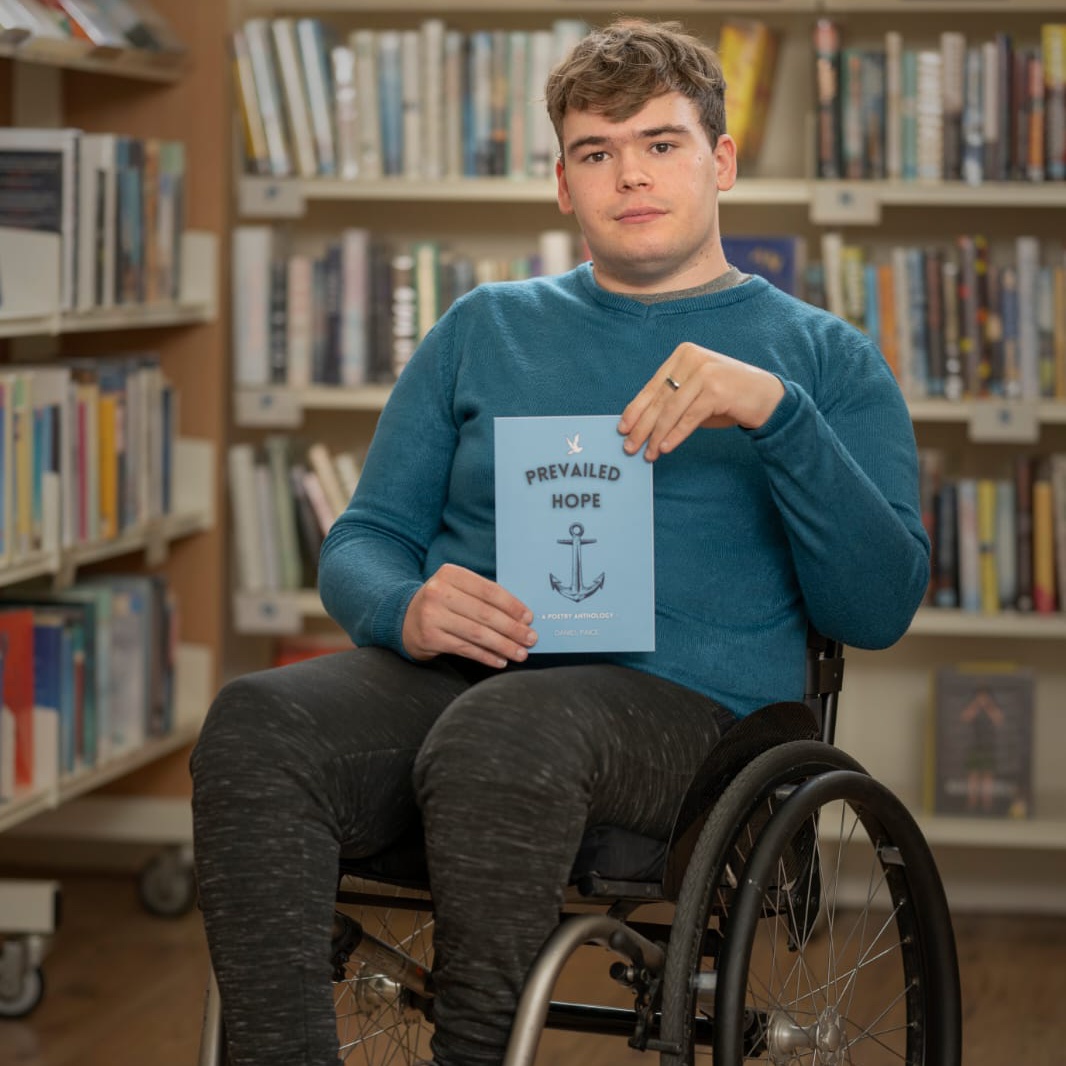Post Traumatic Stress Disorder – A Brief Exploration
- Daniel Paice

- May 21, 2021
- 3 min read
A Little Foreword.
I’m not going to lie, this post was one of the hardest to write so far. Whilst I like the challenge, and the thought of the catharsis that it’ll bring, I nearly abandoned the post for another time. It just brought back a lot of unwanted thoughts and feelings. That was difficult and unexpected. But we have to confront our fears to get past them, and I’m pleased that I still get to share this with you all. Hopefully you still get something from this post despite it feeling to me that the words are not injected with my usual energy. So buckle up! When people say that they suffer from PTSD (you’re lucky they’ve opened up to you in all honesty), what is the first thing that you think of? Soldiers? Warfare? While these are definitely jobs or circumstances that can cause PTSD, it is definitely not the beginning and ending of it. There’s a lot more that goes into someone developing PTSD. According to the NHS’s definition, Post Traumatic Stress [Disorder] is “an anxiety disorder caused by very stressful, frightening or distressing events.” Beyond that, it’s safe to say that it can affect anyone, for whatever reason.
What Are the Symptoms or Signs?
Re-experiencing – flashbacks, sensations, panicking, sweating.
Emotional numbing – post-traumatic stress can be triggered by a sight, sensation or person that reminds you in whatever minute way, of that trauma. A way of coping in the moment is by distracting yourself by any means possible. In my experience, it can actually affect how you bond with people in the future, because you are unable to connect with a situation or person in the same way again.
Feeling on edge (hyper-arousal) – this is sometimes described as feeling ‘wired’, as it can literally feel like electricity is flowing through your body.
Difficult thoughts and feelings – intrusive thoughts are similar to flashbacks in that they change the way you feel about something.
Complex PTSD (CPTSD)
Difficulty controlling your emotions.
Feeling very angry or distrustful towards the world.
Continuous feelings of emptiness or hopelessness.
Feeling as though you are permanently damaged or worthless.
Feeling as if you are completely different to other people.
Feeling like nobody can understand what happened to you.
Avoiding friendships and relationships.
Often experiencing dissociative symptoms such as depersonalisation or derealisation.
Regular suicidal feelings.

Photo by J Lee on Pexels.com
As an example, the seizures that I mention in my story were traumatic for me. I am lucky in that my seizures only last a short while in comparison to other people, but that doesn’t make it any less traumatising because it was an intense situation that I had never experienced before. I like to think that after experiencing something new, your pain or ‘injury tolerance’ adapts accordingly, but there’s something about a seizure that feels different.
Perhaps because I dissociate to varying degrees whilst having a seizure, that might prevent my body or my brain (yes, they are very different things in this context), from fully processing what has happened. Not to mention the fact that I’m unconscious during the tonic-clonic seizures, as that makes things harder in the first place. Because I am physically aware that something has happened, but can’t pin-point the confusion, despite knowing that I have had a seizure.
What I’m getting at here is that our experience of trauma is unique and relative. What one person might find truly disturbing, another might find, quite frankly, laughable.
But that does not invalidate your feelings.
Let’s make that abundantly clear.
Drawing back on my own experiences that I’ve told you about previously, I found my GCSE’s far more stressful than my A-levels. Perhaps because I hadn’t experienced anything like that at the time, but I definitely felt there was a lot riding on my passing these exams. By the time I had got around to sitting my A-level exams, I knew that I had my GCSEs to fall back on and there was a life waiting for me beyond the exam room. In that short two year gap I had been through so much, so it had started to teach me (yet again) to make the most of how much or how little I have got.
Are you still with me? Good. You can take your seat belts off now and carry on going about your day. Provided your head is not spinning. If you’re reading this, you have the strength to get through whatever is troubling you.
-D








Comments